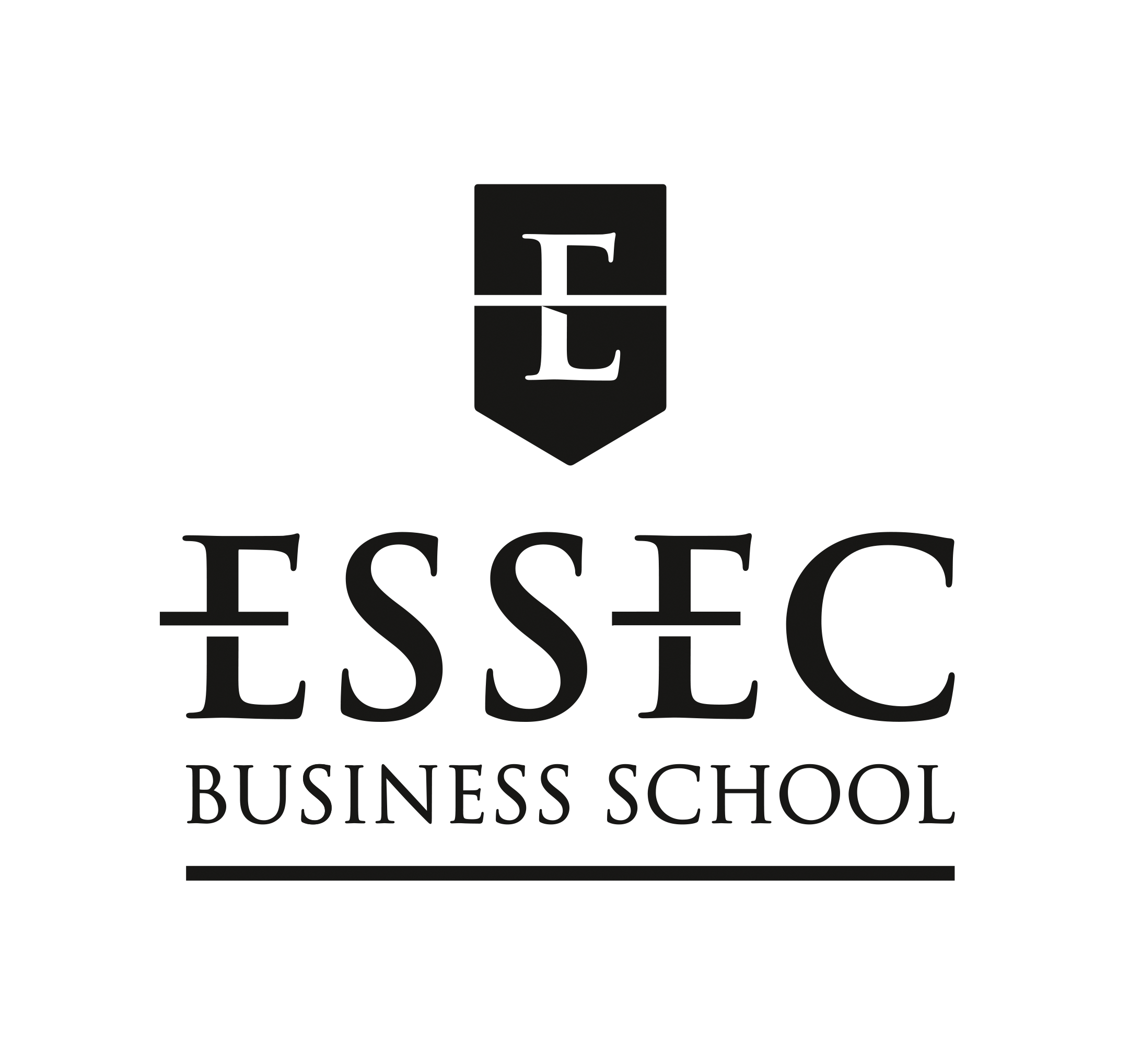Aamey Mehta recalls his undergraduate education in India when everything had to be “done by the book.”
If he wanted to score well on the examinations, he had to remember formulas, read books, and memorize notes.
Hailing from Europe, Jacques Dopagne and Marie Hotton have tasted this test-based assessment method.
All three Student Ambassadors’ experiences vastly differ from what they’ve encountered in the career-focused Master of Finance (MiF) program at ESSEC Asia-Pacific.
Opportunities to Develop Soft Skills
For one thing, true to the MiF’s learning by doing pedagogy, a large proportion of one’s MiF grade comes from group projects.
“Within three months, I’ve worked in at least four groups. We have a project almost every two weeks,” Jacques, French-Turkish, says.
He adds that the grouping is also random, which gives students practice working with people from different backgrounds and with varying communication styles.
Having interned at companies such as Léon Grosse and Société Générale before joining ESSEC, he testifies that teamwork skills are valuable in the financial workplace.
Being Taught by Industry Professionals
They say the fact that many of their professors are practicing industry professionals has also made a difference, citing Rick Marchese, Professor of Management Practice, as one of them.
“He was an investment banker and also a Navy Seal, so he has a lot of stories to tell us and makes it very interesting to go to his classes,” Jacques explains, adding that he learned volumes from Prof Rick’s classes on financial management and financial modeling.
“Prof Rick’s knowledge of the industry makes a difference as he can share his experiences to explain how the technical concepts apply,” Aamey concurs.
Marie chimes in that these lessons are made all the more meaningful by the class size at the ESSEC Asia-Pacific campus, which ranges from 12 to 35 per module.
“The intimate setting fosters a more interactive and personalized learning experience,” she says.
“Teachers can better understand students’ strengths and challenges and offer tailored support, such as additional resources or guidance on specific career paths. This creates an environment where students feel valued and empowered to excel.”
Exposure to the Real World
Arguably, the most important for all three is the amount of real-world exposure they receive. Students attended various workshops within the first few weeks to prepare them for the job search.
There are regular networking sessions with alumni, and almost every week, industry professionals give talks to help students understand what different roles in the finance sector are about.
“These sessions enhance the academic curriculum by exposing us to the latest trends, challenges, and opportunities.
They are an avenue to develop valuable connections and gain a more holistic understanding of the subjects we take,” Marie shares.
In addition, these networking sessions were how she eventually found her internship at an investment banking company, Natixis, and Aamey at a venture capital firm!
RELATED POSTS
Students from Southeast Asia on Dean’s List
Three Southeast Asian Global Bachelor of Business Administration (BBA) students—Éloïse Le, Janice Augustine, and Olivia Gunawan—achieved Dean's List…
What ESSEC SMIB Students Learned from Vietnam’s Top Companies in Just 5 Days
ESSEC Master in Strategy & Management of International Business (SMIB) students spent five impactful days in Ho Chi Minh City, gaining real-world…
Bridging Tomorrow: ESSEC-CentraleSupélec’s Revolutionary AI and Management Bachelor
Innovative program combines elite business education with cutting-edge engineering at Europe's prestigious institutions.
Specialized Prestigious Tracks: Elevating Global Business Excellence at ESSEC
ESSEC's Global BBA offers elite international tracks that transform students through immersive cross-continental learning experiences, prestigious…
The Asian Strategy Challenge: Real-World Consulting Experience
ESSEC's Asian Strategy Challenge transforms SMIB students into strategic consultants through intensive, real-world business problem-solving with…
Global Exposure: The Impact of Study Trips on SMIB Students
SMIB study trips to Bangkok, Dubai, and other global business centers provide transformative international exposure, developing cross-cultural…








